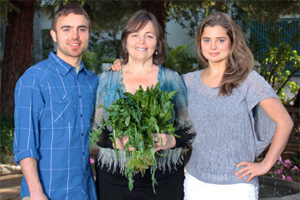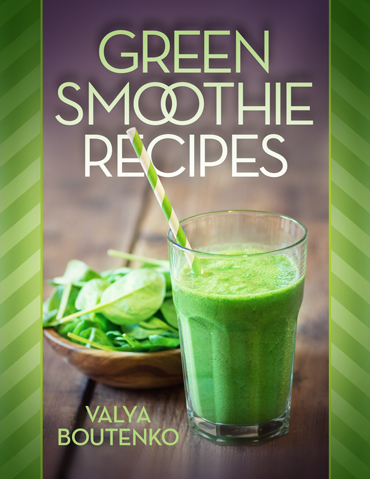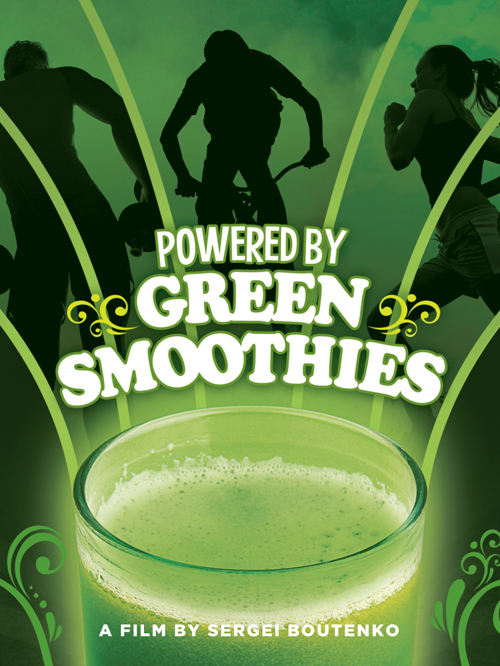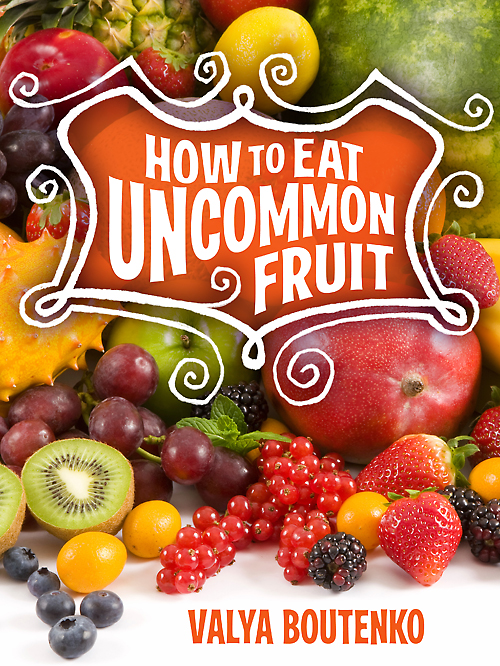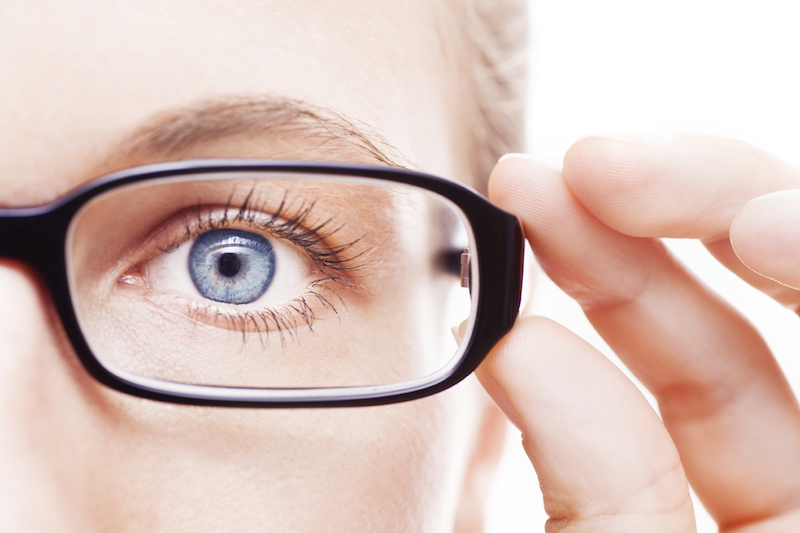Do We Have to Wear Glasses?
Q: Dear Victoria, I am 39 years old and my eye doctor wants me to start wearing glasses, because at times I cannot read close up. My eye doctor says that everyone needs reading glasses by the age of 40. Do you think diet could help? –Michelle
Victoria: I am 59 years old and I have never used glasses in my life. That doesn’t mean that I never experienced blurry vision. Most of the time my vision is perfectly clear, just yesterday I was able to see the tiny font on a map while driving in twilight.
Ten years ago, I was fortunate to read books written by Dr. Bates and to attend lectures by Thomas Quackenbush. From these vision teachers, who I believe are the best in the world, I learned that it is normal for any human to experience blurred vision once in a while. Even young children may see in a blur when, for example, they are tired or have overeaten candy. There are many factors that might temporarily cause one’s vision to blur. For instance, blurred vision is one of the symptoms of hypoglycemia, which means that every time our blood sugar level drops, we might see less clearly. Being stressed, tired, sleep deprived, having sunlight deficiency, or even a lack of circulation in the neck and shoulders area from sitting could all contribute to temporarily blurred vision. There are many more potential causes of this eye weakness.
Contrary to common assumption, wearing glasses does not cure blurred vision, but leads to further weakening of the eyesight. Quackenbush explains in his lectures and books that when we see in a blur, our brain receives a message from our eyes “I see in a blur, and that has to change.” This is a helpful message, because in this case the body does its best to recover clear vision naturally. Often getting adequate rest, exercise, proper sleep and a healthy natural diet is sufficient to restore clear vision.
However, if when seeing in a blur, we hurry to use glasses, the brain receives a potentially damaging message: “I see clearly, and nothing has to be corrected.” That is why when we start wearing glasses, our vision gets weaker and weaker and never the other way around.
Of course, I don’t want you to put yourself in a dangerous situation by performing important tasks when you vision is blurred, such as driving, signing documents, or removing a splinter. Everyone must decide for themselves whether to wait until their vision becomes clear or to wear glasses. I would only go to an eye doctor if my vision is blurred most of the time.
For those who wear glasses already, Quackenbush recommends to always get a little weaker glasses than prescribed by an eye doctor. He also advices to attach a strap to your glasses, so that you can easily take them on and off at any time. Thomas Quackenbush lives in Holland, here is his website: http://www.naturalvisioncenter.com/about.htm
Diet greatly influences everyone’s vision. From my observations, the worst foods that harm our ability to see clearly are processed fats and processed sugars. Green smoothies seem to be very helpful for many people. I hear from my readers on a regular basis that they significantly improved their vision by adding one or two quarts of green smoothie a day. I hope that you enjoy more green smoothies and better vision!
Comments are closed

































